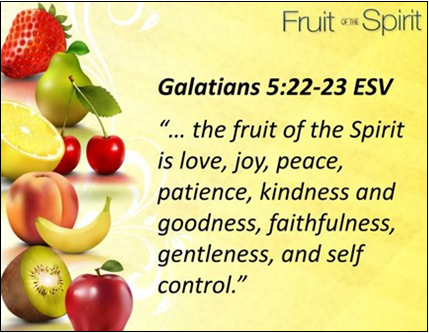“The Extra Mile” by Robert Murphy

In Jesus’ time, Roman soldiers had the power to commandeer non-Roman citizens to serve them for a limited time. The most well-known compulsory service that these non-Romans performed for their oppressors was carrying a soldier’s luggage for a mile (1000 paces). These Roman backpacks were by no means light. In addition to fighting, the soldier also acted as a mobile construction worker who built forts and clearing roads. Thus, his backpack would contain building tools along with his food, tent, cooking equipment, and weapons. These backpacks could be anywhere from 60 to over 100lbs!
If you were a normal Jew (or, for that matter, a normal human), you would hate this practice of compulsory (and unpaid) labor. It would make you hate the Romans even more. When compelled to go a mile, I could imagine them counting every single stride so that they wouldn’t go any further than necessary. A mile is what they were demanded so a mile is what they will get.
Christ, however, is no normal human. He commanded us to go beyond the
requirements and to take upon ourselves voluntary suffering. When people are abusing and taking advantage of us, we aren’t supposed to retaliate. Instead, we are supposed to show resilience and love. It is within this second mile that Christ is found. It is in this second mile that you reflect the image of God. Let’s go the extra mile by doing more than what is required of us. By not only keeping our contracts (whether social or commercial), but by giving beyond the requisite amount. When we do this, we will be like Christ.










